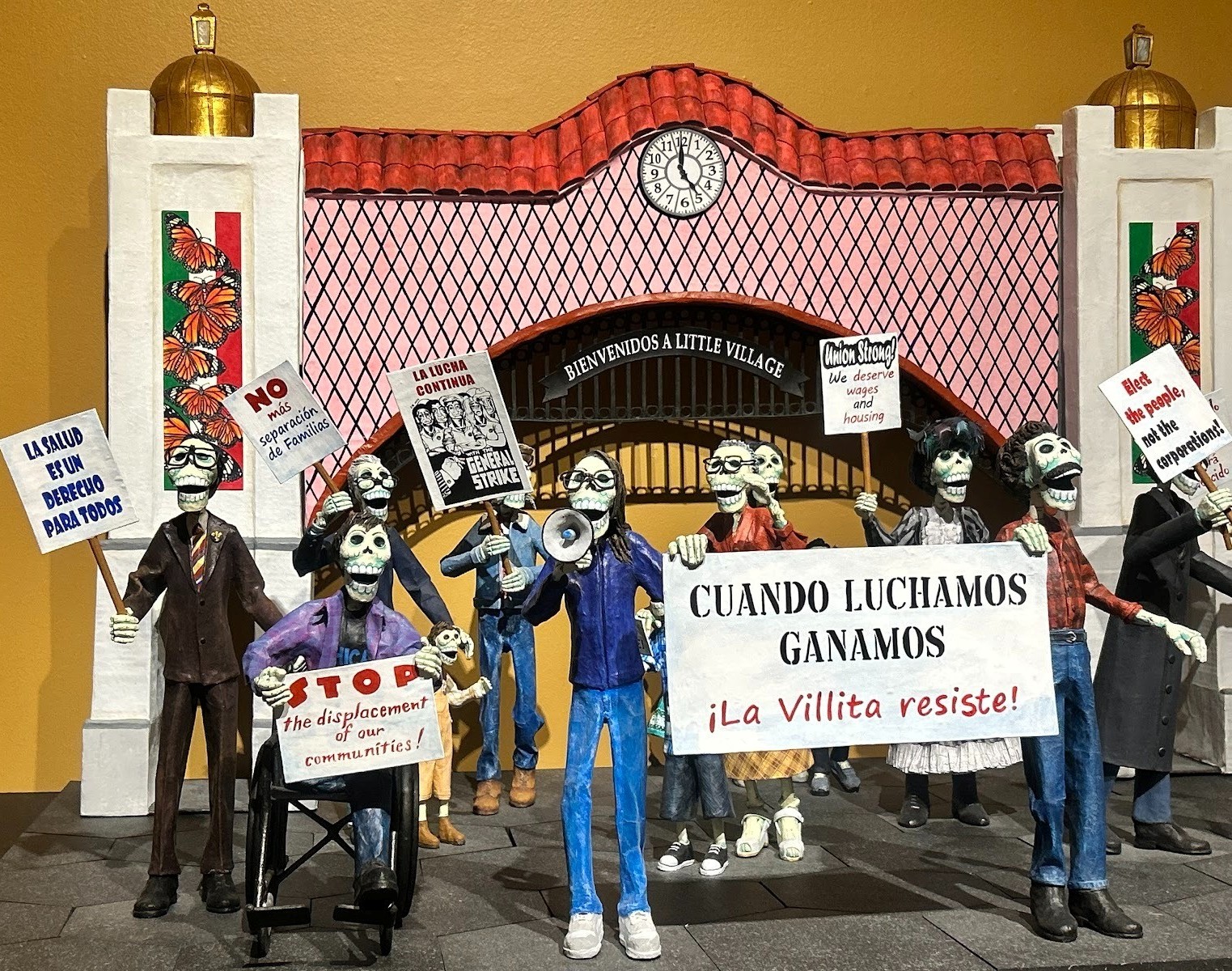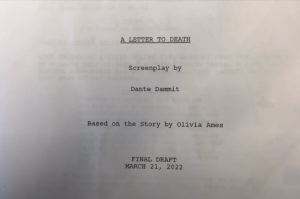Find more photos like this on Columbia Links
Sitting with his fellow Columbia Links graduates at the recent summer academy graduation, Solomon Davis said he was surprised when he was called up to receive the first-ever news literacy award through the journalism program for Chicago high school students.
“It’s an honor that they felt I was good in that sense to create an award,” the Marist High School sophomore said.
Columbia Links Executive Director Brenda Butler said Solomon was the inspiration for the award. He read a newspaper every day, could discuss several major news stories, and was able to debunk the misinformation about any story from his classmates. – an exercise that not all students were as adept at doing.
After seven years, Columbia Links continues to graduate successful students of journalism, through a variety of different academies designed for different skill levels.
Because some students take a particular interest in journalism and have the ability to report a larger, more in-depth story, program directors created an investigative program to do this, said Butler.
Six seasoned students who had previously graduated from a regular academy and were “ready for something a little more sophisticated and challenging,” said Butler, were selected to report out this Investigative-Team or I-Team’s program theme: “Lost Boys Black and Brown: The Plight and the Promise.”
At a town hall meeting on Nov. 12, the I-Team students presented their findings on the cradle-to-prison pipeline and how the Chicago Public Schools (CPS) zero tolerance policy forces many students into the juvenile justice system for minor infractions.
Following their presentation, a panel of restorative justice experts entered the conversation, moderated by WBEZ’s Natalie Moore to further the discussion, said Butler. Community members in the audience participated by asking panelists questions.
Columbia Links is a “journalism skills-building and leadership development program for Chicago Public Schools (CPS) high school students,” according to its mission statement. The one-on-one mentoring program fosters journalistic skills and opportunities by creating news reporting networks and reinvigorating youth media.
“Links empowers students to not just tell their own stories but the stories of their communities,” said Nancy Day, chair of the Journalism Department at Columbia College and co-founder of Columbia Links.
“They give a voice to their communities by writing about root causes and being part of the solution,” Day added.
The program has a short history packed with success, says Butler.
Columbia Links began in 2006 as the brainchild of Curtis Lawrence, an associate professor of Journalism at Columbia College. The McCormick Foundation approached the department, showing an interest in reaching out to urban youth in Chicago.
Through funding and grants provided by the foundation, the Dow Jones News Fund and other organizations, the program has evolved into a vibrant program, said Day.
But as the program grew, drawing more applicants, program directors saw the need to expand.
This past fall, 87 students applied for 14 spots in the regular academy. So, for students not quite ready for the regular reporting academies, a J-Camp was created: a one-day immersion in journalism. In the morning, students receive instruction on the basics of a news story and get a how-to on multimedia.
In the afternoon, students are paired with mentors and unleashed on the city to turn around a news story in just a few hours, said Butler. She credits the students in all reporting academies for providing a voice for the program and their generation.
“These kids are savvier than we give them credit for,” Butler said, adding that teenagers in the past were told to be seen and not heard. “We should listen to them,” she said.” They are on the front lines of the critical issues.”
The students have inspired the Columbia Links staff.
Kevin Obomanu, program coordinator for Columbia Links, said the best part of his day is when the students are there.
“That’s when the magic happens,” he said, speaking of the creative learning process for a student of journalism.
Butler would like to see the program expand, but not without the resources in place.
She says it’s important to keep an eye on the program’s goal — providing students with a valuable, educational experience through mentorship and offering the crucial resources to help them succeed.
And they have.
Nader Ihmoud is one success story. He completed his reporting and went on to attend Columbia College Chicago where he currently covers a sports beat for The Columbia Chronicle, a student publication. This past summer he paid it forward and became a mentor in the program.
Program directors, mentors and visitors have echoed the successes of the program.
“At the end of each academy you see a transformation in the students,” Butler said. “They become more informed citizens.”
And as for Davis, he said he hopes to continue his journalistic education through other reporting academies after taking away something bigger from the program.
“With Columbia Links, you go to different communities and hear different stories,” he said. “It goes beyond writing and taking a proper photograph and talking about communicating … I got to know my city better.”
Students can apply for the Columbia Links academy by going to www.columbialinks.org.

















Be First to Comment